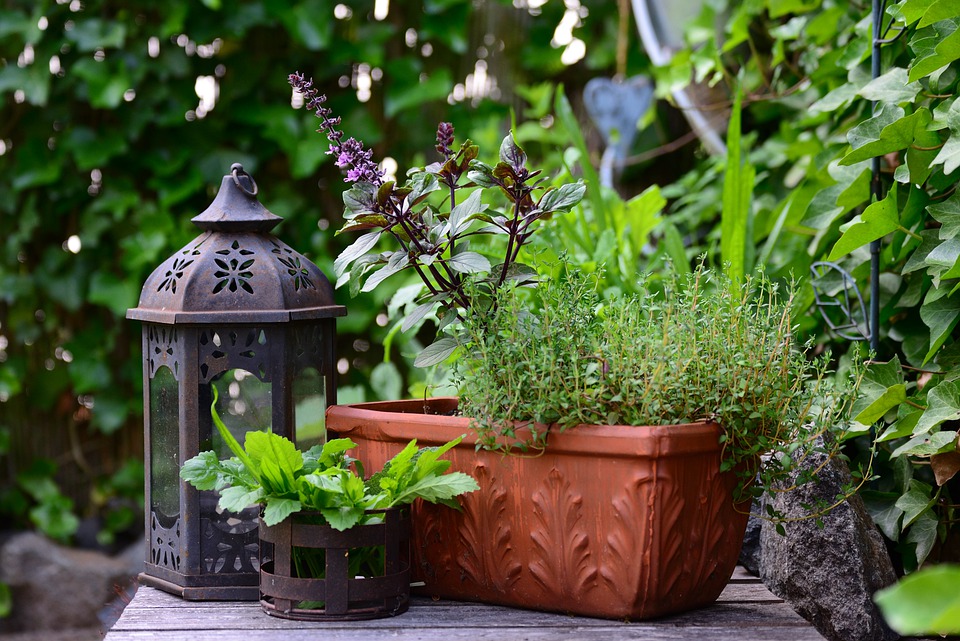Do Oral Contraceptives Decrease Libido?
Susan E. D. Doughty, RNC, MSN, Women's Health Nurse PractitionerOwner, New England WomenCenter
I often am asked in my practice about factors that decrease libido and for strategies that might increase a woman's sex drive. A recent study links birth-control pill use, both present and past, to low libido, and some confusion exists about the influence of the pill versus that of hectic schedules, difficulty in the relationship, lack of privacy, poor self esteem, and depression, with or without antidepressant side effects.
Oral contraceptives have been used in the United States since the early 1960s and over 80% of women born since 1945 have used them at some point in their lives. At this time, over 50% of women 20 to 24 use the pill as their contraceptive method. The pill decreases production of two important hormones from the pituitary gland, follicle-stimulating hormone (FSH) and luteinizing hormone (LH), which stops ovulation and eliminates egg production.
Included in the possible side-effect profile of oral contraceptives are diminished sexual interest or arousal, suppression of female-initiated sexual activity, decreased frequency of sexual intercourse, and decreased sexual enjoyment. All of these factors can be the result of the influence of the inhibition of testosterone and other male hormones by the ovaries while on the pill, and an increase in sex hormone-binding protein (SHBG) by the liver, which attaches to free circulating testosterone and makes it inaccessible to the cells, decreasing sexual receptivity and desire.
Researchers have recently studied the long-term effects of oral contraceptive use, particularly after discontinuation of the pill. They've discovered that even up to six months after pill cessation, SHBG can remain elevated.
As a nurse practitioner who prescribes oral contraceptives, I have to take into consideration the literature that indicates possible adverse effects of anything I prescribe. When a patient comes to me with a problem of sexual dysfunction, I work with her to get an accurate diagnosis by asking questions that reveal the total nature of the problem. Some of these questions include:
- • What was your sex life like prior to starting the pill?
- • Do you ever initiate sexual contact with your partner? How often?
- • How often would you like to have sexual contact?
- • Are you pressured to have contact when you don't want it?
- • What happens when you go on vacation with your partner? Are you able to have satisfying sex while away?
- • Do you have any sexual fantasies or dreams?
- • Do you ever self stimulate?
- • Are you orgasmic?
- • How does your relationship nurture or work against satisfying sex?
If a woman has satisfaction at times and not at others, I strongly encourage her to get sexual counseling, with or without her partner. We can discuss alternative forms of birth control keeping in mind that fear of conceiving is a big inhibitor of libido. And if a woman is contemplating starting the pill as a form of contraception, I take into consideration her libido and any other medications she is taking that may also inhibit sex drive, such as certain antidepressants or cardiac medications. I find in my practice, most women under age 35 have a strong sexual desire, and taking the pill does not interfere with libido. Perimenopausal women, however, are more subject to many of the causes of decreased libido, and need assistance in determining the root cause of lack of desire. For these women, counseling can be very helpful in developing strategies to increase sexual desire, and I work with both my patient and her therapist, and when appropriate, her partner, to achieve the outcome she desires.
At times women can benefit from addition of testosterone therapy. Although there are no FDA approved testosterone therapies for women, I find that topical testosterone gel can improve libido if the root cause is lack of testosterone. The testosterone patch has recently failed FDA trials, and it will be some time before an approved therapy for women is available.
The way a woman expresses herself sexually is a complex matter demanding assistance from a health care professional when a problem exists. While the oral contraceptive can be a factor in decreased libido, each woman deserves to be counseled and educated in the most thorough way possible, allowing her to make choices that not only improve her libido, but the quality of her life as well.
New England WomenCenter is a woman-centered health care practice founded in 1997. At NEWC we provide gynecological care for women of all ages with a caring, respectful approach.
Herb's Tips and More
-
 Did you know that you can make soap, candles and lotion with your herbs?
Did you know that you can make soap, candles and lotion with your herbs? -
 Never take any herb identity for granted. The best way to be sure that you are using the right kind of herb is by buying it.
Never take any herb identity for granted. The best way to be sure that you are using the right kind of herb is by buying it. -
 Excellent health articles whether you are looking for information or inspiration regarding preventive health or are dealing with a medical
challenge.
Excellent health articles whether you are looking for information or inspiration regarding preventive health or are dealing with a medical
challenge.









